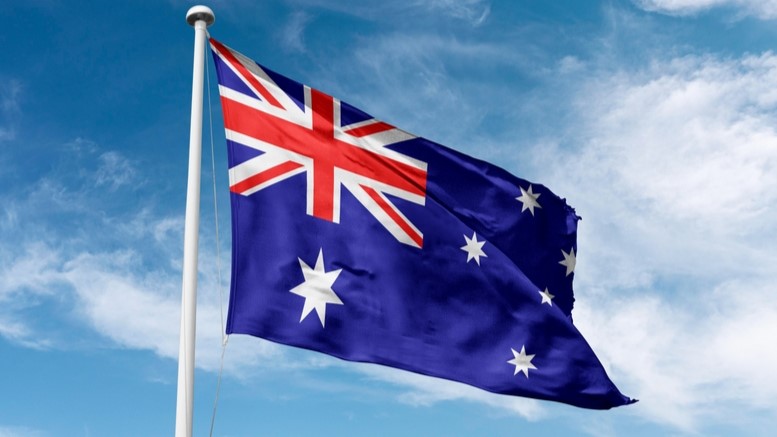The introduction of an official definition of an ‘Australian business’ by the federal government has been hailed as a vote of confidence in the tech sector and an important step in opening up Commonwealth contracts to local companies.
Finance minister Katy Gallagher and Industry minister Ed Husic announced the definition of an Australian business for the purpose of procurement on Thursday, the first time this has been done in policy or legislation.
From the next financial year, companies will be able to self-declare as Australian businesses, allowing the government to better collect data on contracts being awarded to local firms and improve the competitiveness of Australian small and medium-sized enterprises (SMEs).
To be an Australian business under the new definition, a company must:
- be 50 per cent or more Australian owned or principally traded on an Australian equities market;
- have Australian tax residency;
- and have its principal place of business in Australia.
“This is an Australian government first,” Husic said in a statement.
“When we say we want Australian companies to have a chance to provide goods and services to government, we want genuine, true-blue Australian businesses to do so.”
Years in the making
The Australian tech sector and broader business sector have been pushing for an official government definition like this for several years, and a Senate inquiry into sovereign capability last year recommended one be introduced.
The Department of Finance ran public consultations on the definition last year.
For TechnologyOne CEO Ed Chung, the move is a welcome one that will help level the playing field for local tech companies competing for government work with large foreign multinationals.
“These reforms are a vote of confidence in Australia’s technology industry and an investment in Australia’s future as an innovation-led nation,” Chung said.
“The government is recognising the value of local innovation, and technology built, owned and run by Australians, which is an important step to level the playing field for local Australian companies in competing against multinationals when it comes to government contracts.”
‘You can’t improve what you don’t measure’
Chung said Australia has “fallen out of step with international practice” when it comes to procurement and local companies.
“You can’t improve what you don’t measure – without a sensible definition of what constitutes an Australian business, it is impossible to know how much taxpayers’ money spent on goods and services is flying straight out the country and how much is going to Australian-owned businesses,” he said.
The option to self-declare as an Australian business under this new definition will first be available to businesses on a Whole of Government Panel from 2025-26, before being expanded to all companies registered on the government’s procurement platform AusTender in the future.
Along with the new definition, the Labor government has also updated the guidance around the consideration of broader economic benefits in procurement that assists decision-makers in this process, and issued a new broader economic benefits in ICT sector procurement guidance.
Information Age revealed last year that the European Union contributed to the Australian government’s consultations on these new procurement guidelines, and expressed “significant doubts and concerns” about the planned updates.
New Commonwealth Procurement Rules were introduced by the Albanese government from July last year, with a target of 25 per cent of procurements below $1 billion and 40 per cent of procurements below $20 million to be sourced from SMEs.










